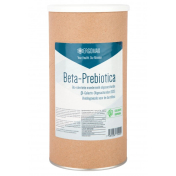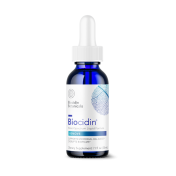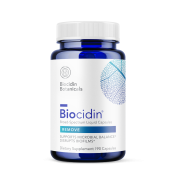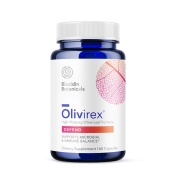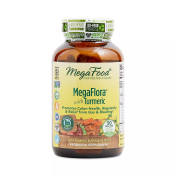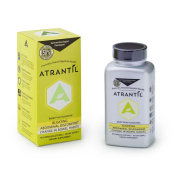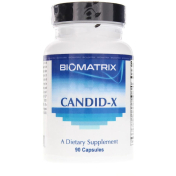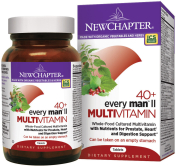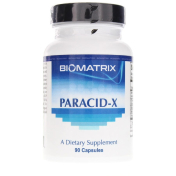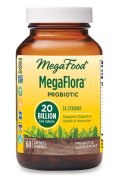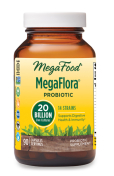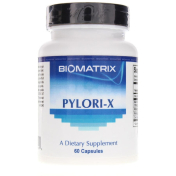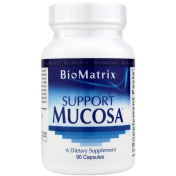Digestion
The digestion in our body revolves around loosening, absorbing, and converting nutrients from our food into building blocks and energy that the body needs to function properly. The digestive system runs from the mouth to the anus and is responsible not only for consuming, digesting, and absorbing food but also for eliminating waste products. Additionally, about 70% of our immune system is located in our digestive system, and important hormones are produced in this system as well. Since the majority of neurotransmitters are also produced in our intestines, they are sometimes referred to as our 'second brains.' If desired, you can support bowel movements and digestion with supplements. On this page, you will find interesting supplements that Ergomax offers in this area.
- Order before 10 p.m., same day shipping
- Personal advice through chat or telephone
- Order before 10 p.m., same day shipping
- Personal advice through chat or telephone
- Order before 10 p.m., same day shipping
- Personal advice through chat or telephone
The path of our food
When food enters our body, it travels from mouth to anus for about 24 to 48 hours. During this journey, food is first ground into small pieces by our teeth and mixed saliva, which facilitates swallowing. It is then propelled through our esophagus and enters our stomach, where the food combines with gastric juice. The digestive enzymes in the gastric juice and bacteria in the intestinal flora promote digestion and ensure further digestion of the food. Stomach juice also kills pathogens and unfavorable bacteria. The stomach propels the food mash to the intestines, where bile and pancreatic juice are added and nutrients can enter the body through the small intestine wall. The watery mixture with indigestible food particles that remains enters the large intestine, where bacteria filter out the last food particles and water and salts are extracted from the mash, creating a smooth, firm stool that leaves the body through the anus.
Building materials and energy for our body
The digestive system takes care of breaking down food into nutrients that the body can absorb and use. The nutrients are converted into energy needed for all processes in the body, or made into building materials needed to grow and replace damaged cells in the body. Digestion begins as soon as something is drunk or eaten. Multiple organs are involved in this complicated process. The body cannot convert everything we take in into building materials and energy, so it is important that we eat foods that are healthy for our bodies, or that feed our bodies with enough nutrients in the right proportions so that there is a balance of nutrients and energy in our bodies.
Tips for promoting digestion
Healthy digestion depends on optimal stomach acid production, as stomach acid provides a barrier against pathogens and is essential for initiating digestion and absorption of nutrients. To keep your digestion healthy, it is important that you drink enough water. Think about 1.5 to 2 liters per day. Furthermore, eating plenty of fiber is important, which can be found particularly in vegetables, fruits and whole grain products. Furthermore, variety is important so that you get enough of all vitamins and minerals. Finally, it also helps to chew well and take your time before a meal. Digestion needs time and thrives on a calm, regular and varied diet.
Supplements, bowel movements & digestion
Sometimes your body could use a little help digesting food, such as after a heavy or rich meal or when on medication. It could also be that an imbalance has developed between the amount of enzymes, intestinal bacteria and stomach acid in the digestive tract. Rest and a healthy diet with the right amount of nutrients promote digestion and are essential for maintaining this balance in your body. There are numerous digestive supplements available that specifically target organs in the digestive system, such as the stomach, liver or intestines, so you can naturally support these organs. At Ergomax, you'll find Smidge™ HCl + Enzymes from Smidge, Digestive Enzymes from Doctor's Best and Probiotics - MegaFlora® with Curcumin - 50 billion units from MegaFood, among others.

